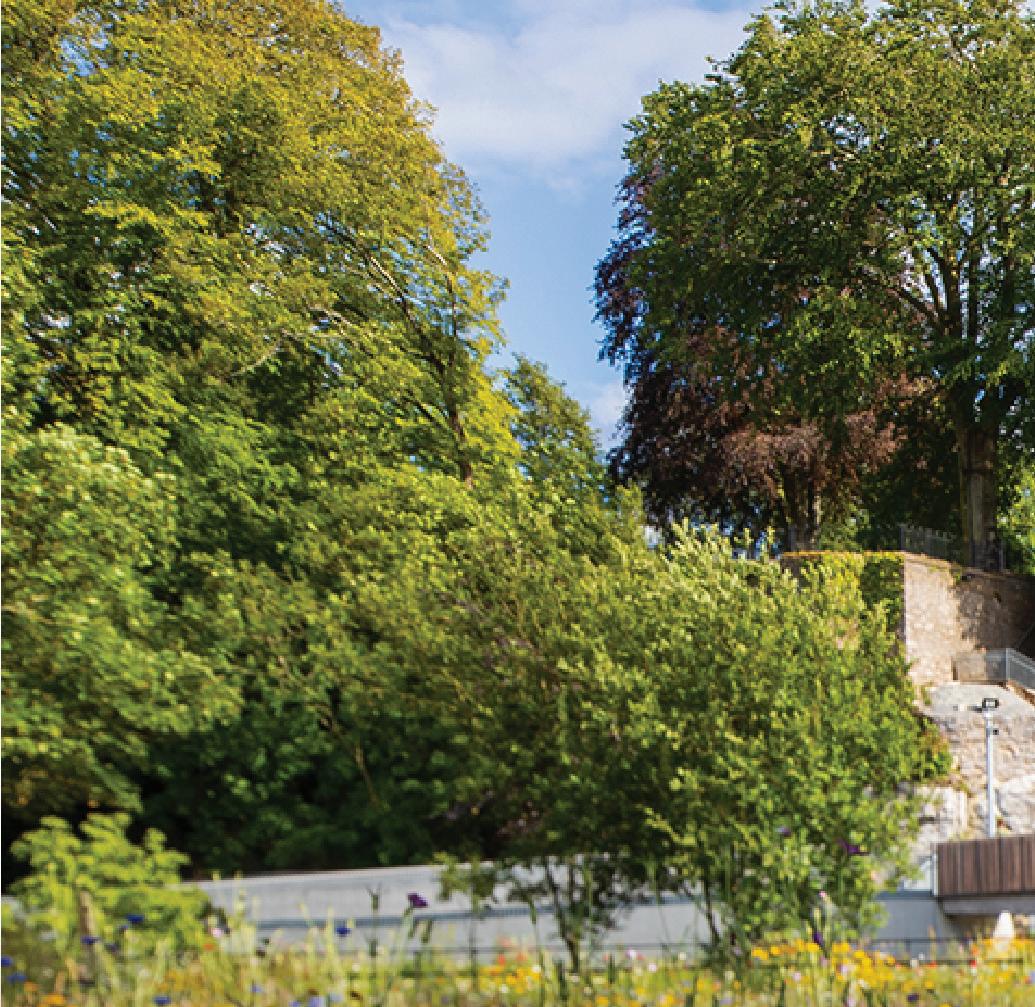
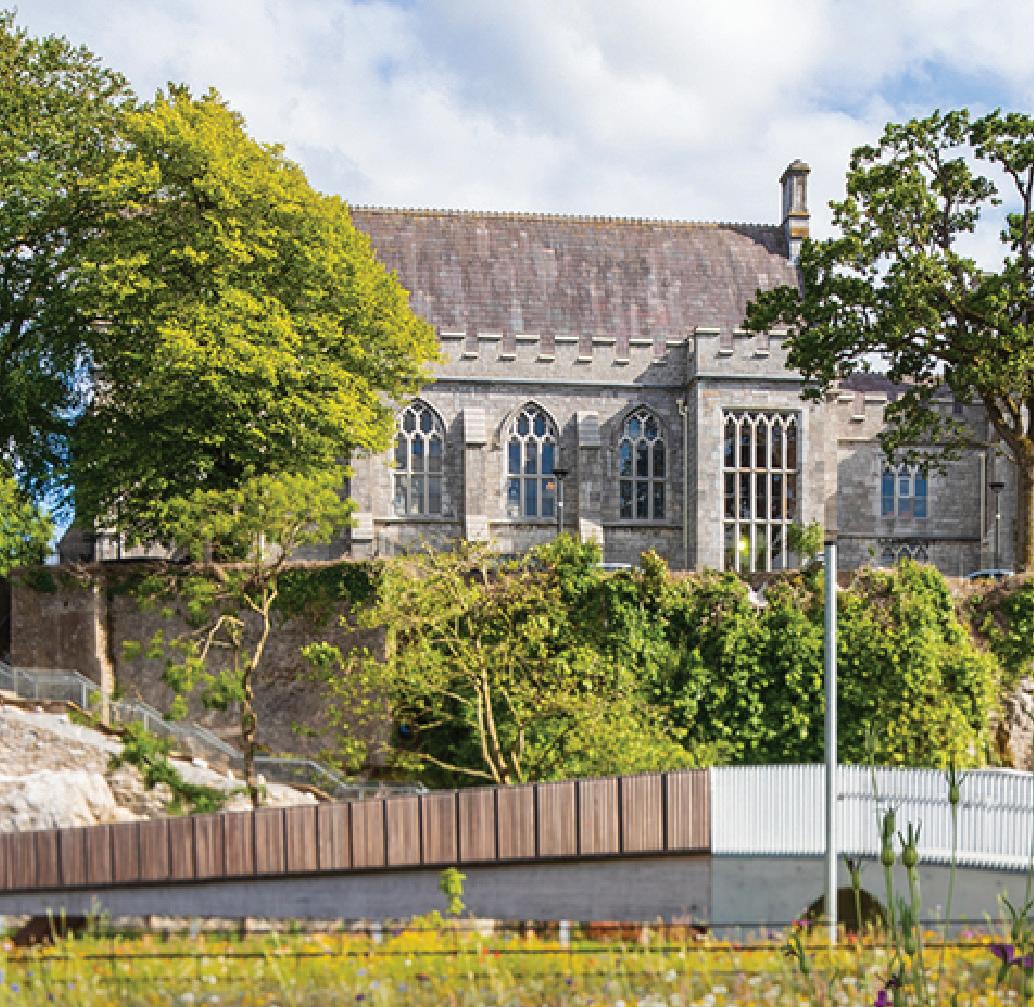
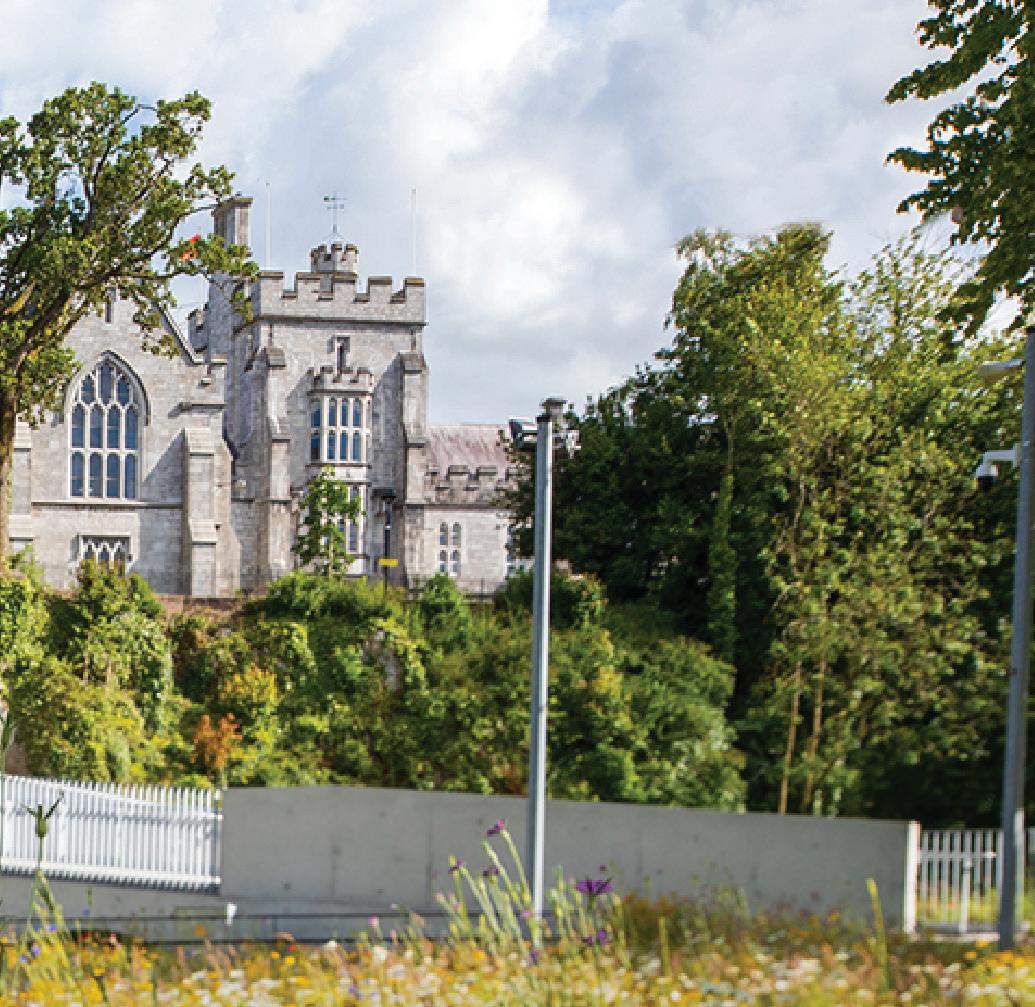
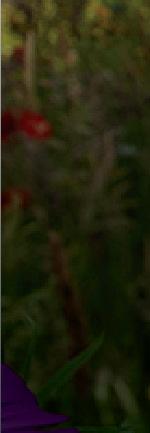
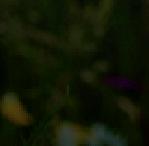



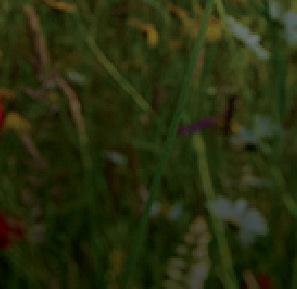







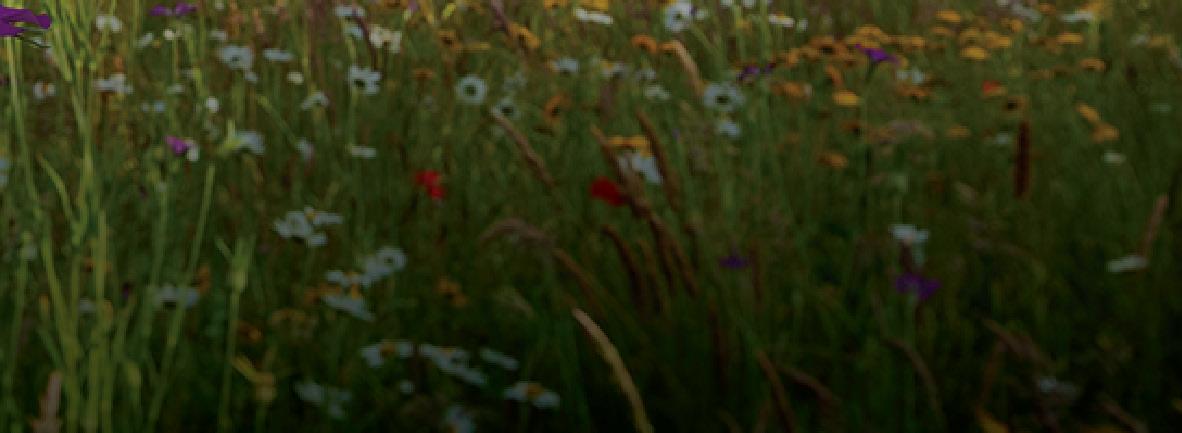

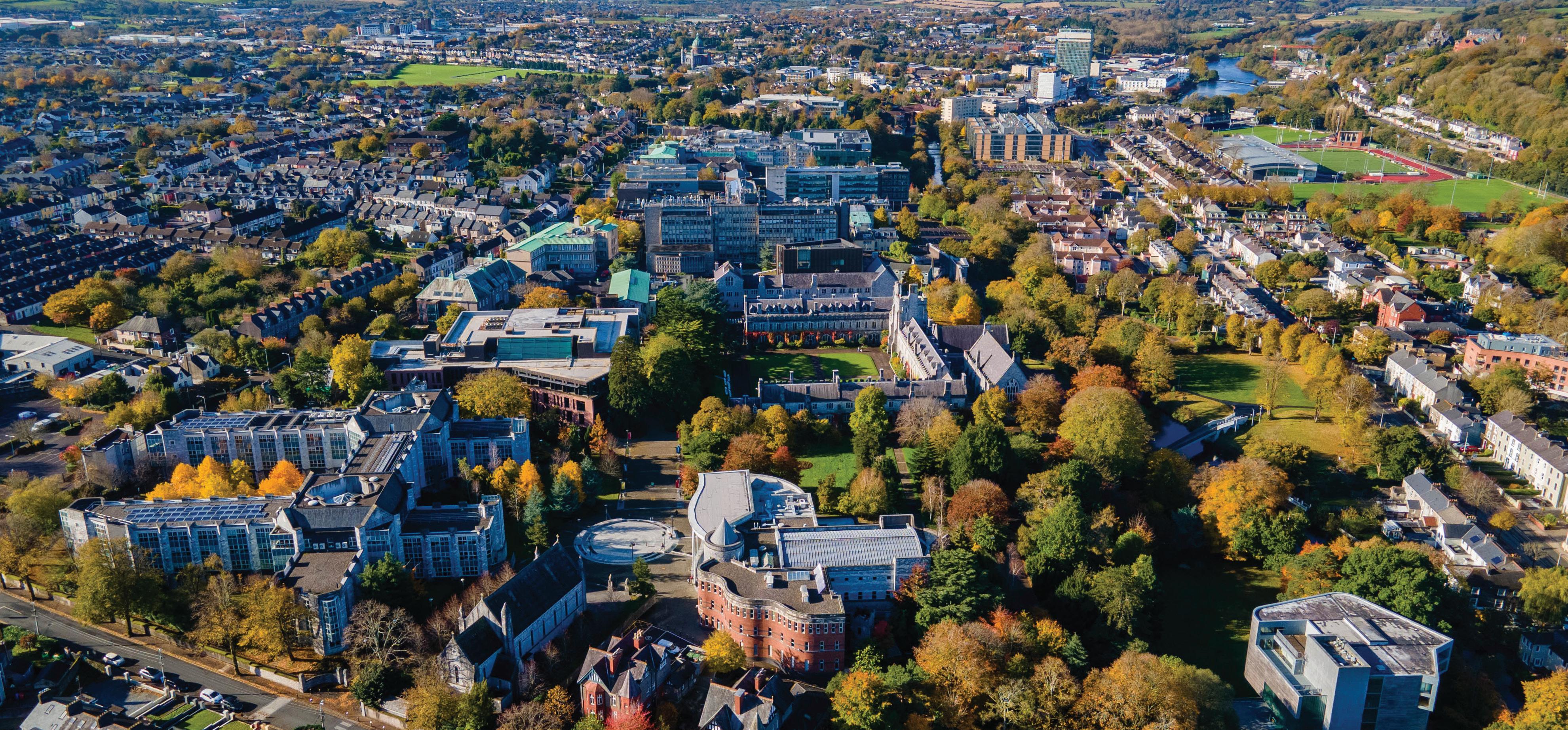












































TheCollegeofArts,CelticStudiesandSocialSciencesatUCCoffersawiderangeof subjects.Dependingonthecourse,youwillbeabletochooseoneormoresubjects.
Table1opposite,showsthefullchoiceofsubjectsavailabletoyouwithineach group.Nomorethanonesubjectmaybechosenfromanyindividualgroup. Subjectswithinthesamegroupcannotbecombined.IfyoustudyCK101Artsor CK108ArtsInternational,allsubjectgroupswillbeavailabletoyouinchoosingyour subjects.IfyoustudyanotherArtscoursecertaingroups/subjectswillbeavailable toyoubutnotall.
InTable2below,youcanseewhatsubjectgroupsorindividualsubjectsareon offerwithineachcourse.Remember,youcanonlypickonesubjectfromeach groupasshowninTable1.Forexample ifyouwanttostudyMusicwith MathematicalStudies,FilmwithPhilosophy,CriminologywithIrish,andmanyother combinations,thenyouwillhavetheflexibilitytodoso.
Refertotheindividualcoursepagesandsubjectpagesformoredetails.
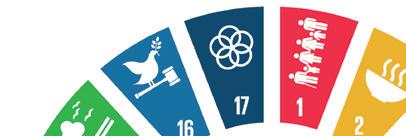
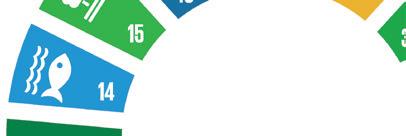
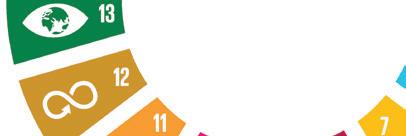
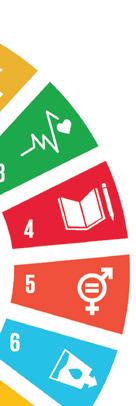
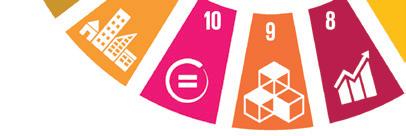


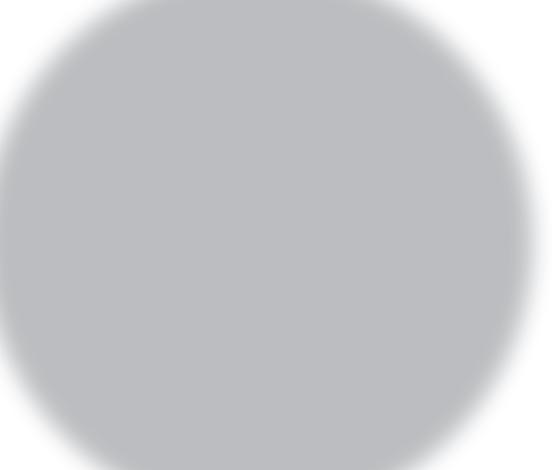
CENTRAL APPLICATIONS OFFICE (CAO) SYSTEM
The following applicants apply via the CAO application system: All Irish Leaving Certificate school leavers (including those who have also applied through the HEAR or DARE access routes)
EU/EFTA/UK students
QQI/FET students
Mature students
You may also apply through the CAO if you are from outside EU/EFTA/UK but living in this area and meet certain criteria.
If you think this might apply to you, see www.ucc.ie/freefees
HEAR AND DARE ACCESS ROUTES
Eligible applications compete for a place in either one or both of the following supplementary admissions schemes: HEAR (Higher Education Access Route)
(Disability
MINIMUM ENTRY REQUIREMENTS
There are minimum entry requirements that all applicants must meet. They are known as matriculation requirements.
See more information at www.ucc.ie/ugentryreqs
For all programmes at UCC, you will need to obtain a minimum Grade H5 in two subjects and minimum Grade O6/H7 in the remaining four subjects. For all courses in UCC, this must include Irish and English.
A pass in Irish (O6/H7) in the Leaving Certificate is required for admission to all courses in UCC. However, certain applicants may be eligible for an exemption from this requirement from the NUI (for example, those born outside the Republic of Ireland).
See more information on the NUI website at www.nui.ie
For specific subjects and grades required for individual programmes, see www.ucc.ie/leavingcertificate
HOW TO CALCULATE YOUR POINTS
5 November: Online application open
20 January: Discounted application fee deadline
1 February: Normal application deadline
1 May: Late application deadline (does not include application for restricted courses)
1 July: ‘Change of Mind’ closes
Students with appropriate QQI/FET qualifications, with distinctions in specific awards and modules, may be admitted on a competitive basis
MATURESTUDENTS
To
more information visit www.ucc.ie/access
NATIONAL TERTIARY OFFICE
You will compete based on a points scheme outlined in the table:
NOTES:
A bonus of 25 points is allocated to students who achieve a grade H6 or above in Higher Level Maths.
LCVP can be counted for points scoring purposes only and cannot be counted as one of the six subjects to satisfy minimum entry requirements.
YOU NEEDTO KNOW! ucc.ie/cao ucc.ie/undergrad ucc.ie/international ucc.ie/openday ucc.ie/en/accommodation ucc.ie/scholarships ucc.ie/quercus Any questions? ucc.ie/askprospective
NurturingBrightFutures isaninnovative,free,online programmedesignedforall pre-entrystudents consideringthird-level Througheducationastheirnextstep. theuseofarticles,podcasts,interactive worksheets,reflective exercisesandotherhelpful resources-thiscoursewillgiveyoutheopportunityto understandmoreabout yourselfandtogettoknow more abouthighereducation and more about UCC.
www.ucc.ie/nbf
If you are from outside the EU/EFTA/UK, you will make your application via UCC’s online application system ‘UCCApply,’ which can be accessed at the ‘How Do I Apply’ section of the www.ucc.ie/ugi page. Applications open in early December and traditionally close at the end of May. There is an application fee of €50 which will allow you to apply for a maximum of two programmes per application.
ENTRY REQUIREMENTS
We accept a wide range of qualifications for entry. Applications will be considered from applicants whose qualifications are equivalent to the Irish Leaving Certificate and will be considered on a case-by-case basis. For Non-EU (International) admission to undergraduate studies at UCC, our programmes are categorised into 3 bands of competitiveness. Consult the Entry Requirements section of the www.ucc.ie/ugi page as that contains region-specific information. The Entry Requirements section also explains the Cambridge GCE A Levels and International Baccalaureate qualification requirements.
ENGLISH LANGUAGE REQUIREMENTS

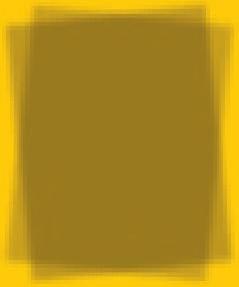


DEFERRED ENTRY POLICY
Students who have been o ered a place in UCC through the CAO system may be permitted, on application to the UCC Admissions O cer, to defer first year entry for one year, however, it is not always possible to defer entry.
Deferred Entry requests are considered on a case-by-case basis and a range of factors are considered, including programme quota, the nature of the o er and the reasons set out by the applicant. Any application for deferred entry being made on medical grounds should be accompanied by a letter or certificate from a doctor. There is no guarantee that a Deferred Entry application will be approved in any circumstance.
Should you receive an o er and wish to defer your place, it is important to follow the CAO’s guidelines and not accept the o ered place in the CAO system Complete and submit the UCC’s Deferred Entry Request Form immediately but no later than two days before the reply date shown on the CAO O er Notice.
MINIMUM AGE
CAO applicants for full-time degrees must normally have reached 17 years of age by the 15 January of the year following entry to UCC. If you are younger than this, you can make a special application for exemption from the age requirement. Applications must be made in writing to the UCC Admissions O cer and should be accompanied by letters of support from the School Principal and a parent/guardian.
STUDENT GARDA VETTING
For some degree programmes, a condition of enrolment is that incoming students have cleared the vetting process in accordance with university policy and the National Vetting Bureau (Children and Vulnerable Persons) Act 2012.
See more information about Garda Vetting at: www.ucc.ie/ugadmissionspolicies
Other language (in addition to English and Irish) is a requirement for all programmes at UCC with the exception of all programmes in our College of Science, Engineering and Food Science, Nursing programmes and the BSc Medical and Health Sciences.
Foundation Level Mathematics is accepted for matriculation but does not meet the requirement for degrees where Mathematics is a special programme requirement. Points are not awarded for the subject.
Foundation Level Irish is not accepted for matriculation. Points are not awarded for the subject.
INFECTIOUS DISEASE SCREENING AND IMMUNISATION POLICY
Students enrolled on certain courses in the College of Medicine and Health are at increased risk of contracting and transmitting certain infectious diseases, as a result of being in a clinical environment, as part of their course. In order to protect both our students and their patients, if you enrol in the School of Nursing and Midwifery, you will be screened and immunised by the Health Service Executive (HSE) Occupational Health Service and you will be subject to the HSE policies in this regard. All other undergraduate students in the College of Medicine and Health are subject to the UCC Infectious Disease Screening and Blood Borne Virus Policy.
This policy requires applicants to forward details of their immunisation and medical history to the Student Health Department once they have received an o er of a place on their course.
See more information at www.ucc.ie/immunisation
CK701 MEDICINE - CAO APPLICANTS
CAO applicants are required to achieve a minimum of 480 Leaving Certificate points and meet the minimum subject requirements for matriculation in the same sitting of the Leaving Certificate or equivalent.
Students are also required to present the required Admissions Test (HPAT-Ireland) completed in the year of entry to the Medicine programme. Applicants must make a separate application to HPAT-Ireland to sit this exam. The maximum possible points score for applicants to medicine is 565. Scores above 550 are moderated and added to the HPAT-Ireland scores.
To see how points are moderated, refer to www.ucc.ie/ugentryreqs
CK701 MEDICINE AND CK702 DENTISTRY - APPLICANTS FROM OUTSIDE EUROPE Applications for Medicine and Dentistry can only be made through designated UCC Agents. Each Agent has a specific closing date. You will need to contact the relevant Agent for information on the application procedure and closing dates.
See more information at www.ucc.ie/ugi
If you are an international applicant whose first language is not English, you must provide evidence of equivalent competence in the English language. Visit the Undergraduate English Language Requirements section of the www.ucc.ie/ugi page for more information about the recognised English language tests and the minimum required scores for your selected academic programme.
FITNESS TO PRACTISE
There are also several degree programmes that will require students to meet the guidelines of UCC’s ‘Fitness to Practise’ policy.
See which courses apply at www.ucc.ie/fitnesstopractise
CK104 ARTS-MUSIC AND CK112 THEATRE AND PERFORMATIVE PRACTICES
Applicants are required to sit an entrance exam, which they will be called for automatically and which is normally held in April each year. For CK112, this entrance exam will be marked out of 100 and these points will be added to the School Leaving Certificate Examination points to make up a final score.
Students who wish to take CK112 Theatre and Performative Practices with Music must also complete the Music audition - details will be provided as part of Theatre admission’s process. CK104 Arts-Music is graded on a pass/fail basis. Late CAO applications after 1 February are not accepted for these programmes as they are restricted entry programmes.
DIRECT ENTRY
You can apply via our online application system ‘UCCApply’ for these courses which are not listed on the CAO:
Diploma Dental Hygiene
Diploma Dental Nursing
BSc Nursing Studies
BSc Paramedic Studies - Practitioner Entry
BSc Science Education - Direct Entry into Year 3
These courses may change from time to time. Best to check www.ucc.ie/apply for an up to date listing.